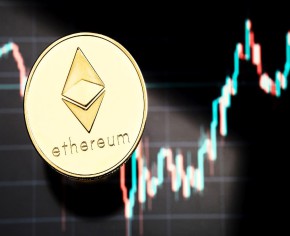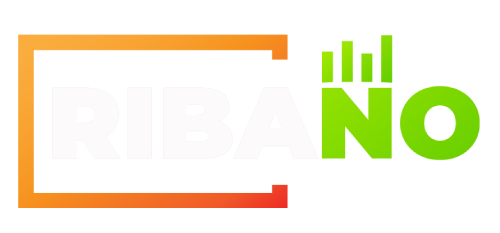A SAFE (Simple Agreement for Future Equity) convertible note is a type of financial instrument commonly used in
early-stage startup funding rounds. It is a form of debt that can convert into equity in the future under certain
predefined conditions.
Here are some key characteristics of a SAFE convertible note:
1. Convertible Debt: A SAFE is a debt instrument that has the potential to convert into equity at a later stage,
typically during a future equity financing round. Instead of setting a repayment date or interest rate, it offers
investors the right to convert their investment into equity.
2. Conversion Trigger: The conversion of the SAFE into equity is usually triggered by a specific event, such as the
company's next equity financing round, which is often referred to as a qualified financing round. The terms of the
conversion are typically outlined in the SAFE agreement.
3. Conversion Mechanics: When the conversion event occurs, the investor has the option to convert the outstanding
balance of the SAFE into equity based on predetermined terms, such as a conversion price or discount to the price per
share in the qualified financing round.
4. Lack of Valuation: Unlike traditional convertible notes, a SAFE does not establish an explicit valuation of the
company at the time of investment. This allows for simpler and quicker negotiations between investors and startups since
the valuation is determined in a future financing round.
5. Investor Protections: SAFEs often include investor-friendly provisions, such as a discount on the conversion price, a
valuation cap that limits the company's valuation for conversion purposes, and occasionally, other rights or privileges.
6. Lack of Interest and Repayment Terms: SAFEs typically do not accrue interest or have specific repayment terms.
Instead, they convert into equity upon the occurrence of a conversion event.
SAFE (Simple Agreement for Future Equity) convertible note contract. Here are the explanations for some important terms:
Exercise Price: The exercise price, also known as the conversion price, is the predetermined price at which the
convertible note will convert into equity or stock in the company. It is typically set at a discount to the price per
share in a future equity financing round.
Exercise Date: The exercise date is the date on which the conversion of the convertible note into equity or stock can
occur. It is usually triggered by a specific event, such as a qualified financing round or an acquisition of the
company.
Purchase Price: The purchase price refers to the amount of money the investor pays to acquire the convertible note. It
is the principal amount of the investment made by the investor.
Discount: The discount is a benefit offered to the investor upon conversion of the convertible note. It allows the
investor to convert the note into equity at a lower price per share compared to the price per share paid by new
investors in a subsequent financing round. The discount is typically expressed as a percentage.
Maturity Date: The maturity date is the date on which the convertible note matures and becomes due for repayment if it
has not already been converted into equity. At maturity, the company is obligated to repay the principal amount of the
note along with any accrued interest, unless a conversion event has occurred.



